Chinese 🆚 Mandarin // Discover The Differences
Chinese vs Mandarin – are they really the same? Which should I use?
The difference between Chinese and Mandarin tends to cause a lot of confusion among beginner students.
So here’s the deal…
Mandarin is a dialect of Chinese. Chinese is a language (Mandarin is one of the dialects of Chinese alongside Shanghainese, Cantonese and many more).
Yes, it’s that easy. Chinese vs Mandarin difference even clearer;
Mandarin = Dialect (of Chinese)
Chinese = Language
Look at it like this…
🇬🇧 With English in England you have a number of dialects – Cockney, Scouse, Geordie etc.
🇺🇸 With English in America you have a number of dialects – Texan, Bostonian, Floridian etc.
🇨🇳 With Chinese in China you have a number of dialects – Mandarin, Shanghainese, Cantonese etc.
It’s that simple!
But of course, there’s more to discover!
Lots more. We get asked a tonne of questions about Chinese, the dialects, who speaks what and much more, so the point of this article is to answer those commonly asked questions.
Chinese vs Mandarin FAQ #1 || Do All Chinese Speak Mandarin?
Chinese vs Mandarin FAQ #2 || Can Cantonese Speakers Understand Mandarin?
Chinese vs Mandarin FAQ #3 || Do Hong Kongers Speak Mandarin?
Chinese vs Mandarin FAQ #4 || Who Uses Traditional Chinese?
*BONUS* || Key Phrases in Mandarin, Shanghainese and Cantonese
Chinese vs Mandarin || Quick Facts
Chinese vs Mandarin || Other Dialects
Chinese vs Mandarin || The Alphabet
Firstly check out what people think of the language spoken in Shanghai, as Nathan takes us on a tour of the great city.
Of course, if you have more questions, comment below.
We’ll always be here to help you!
Do All Chinese Speak Mandarin?
Most Chinese speak standard Mandarin, but not all. Mandarin is the most widely spoken dialect of Chinese, which is the world’s most spoken language. English comes in 2nd, and Spanish 3rd.
The birthplace of Mandarin was actually in Chengde, 3 hours north of Beijing and is widely spoken throughout mainland China.
DID YOU KNOW – because of this we offer courses in Chengde allowing our students to speak, and be exposed to, the most standard Mandarin in all of China. There are no foreigners in Chengde either which make it the perfect place to learn Chinese.
Local dialects in some areas are spoken but generally, you could travel anywhere in China and can hear Mandarin spoken.
FOR EXAMPLE – you could visit Beihai, in the south of China and be exposed to a mixture of the local dialect, and also standard Mandarin from the northerners who have moved down south for a warmer life to the arctic north!
It’s not until you reach super rural villages far away from any top-tier cities that Mandarin may become hard to come by. Here, local dialects may replace the mandarin dialect of Chinese.
Can Cantonese Speakers Understand Mandarin?
Cantonese speakers can generally understand Mandarin. But it’s worth noting, if you listen to each dialect, you will realise they sound nothing alike.
Whereas on paper, a Mandarin or Cantonese speaker could both read and understand the same text, when read out aloud, they sound completely different.
Even hello in Mandarin Chinese and Cantonese is different, something that we will come to shortly.
Do Hong Kongers Speak Mandarin?
Many Hong Kongers can speak Mandarin, yes, but Cantonese is the language of choice in Hong Kong, followed by English.
In fact, Mandarin is rarely heard in Hong Kong. Indeed, a lot of Hong Kongers might not like talking in Mandarin.
That said, most Hong Kongers can indeed speak and understand Mandarin with no problems at all.
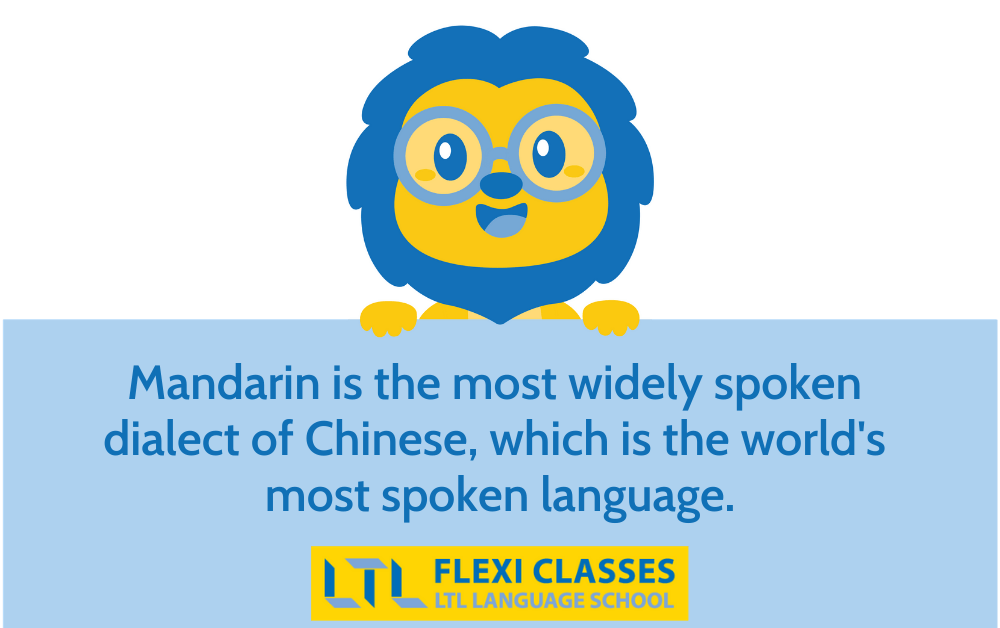
Who Uses Traditional Chinese?
Traditional Chinese is used in Hong Kong, Macau and Taiwan.
Mainland China uses Simplified Chinese, as does Singapore, where Mandarin is one of four official languages spoken.
See below the main difference between the two is the number of strokes.
Simplified, funnily enough, appears much more simple to read and write, whereas Traditional comes across much more complex at first glance.
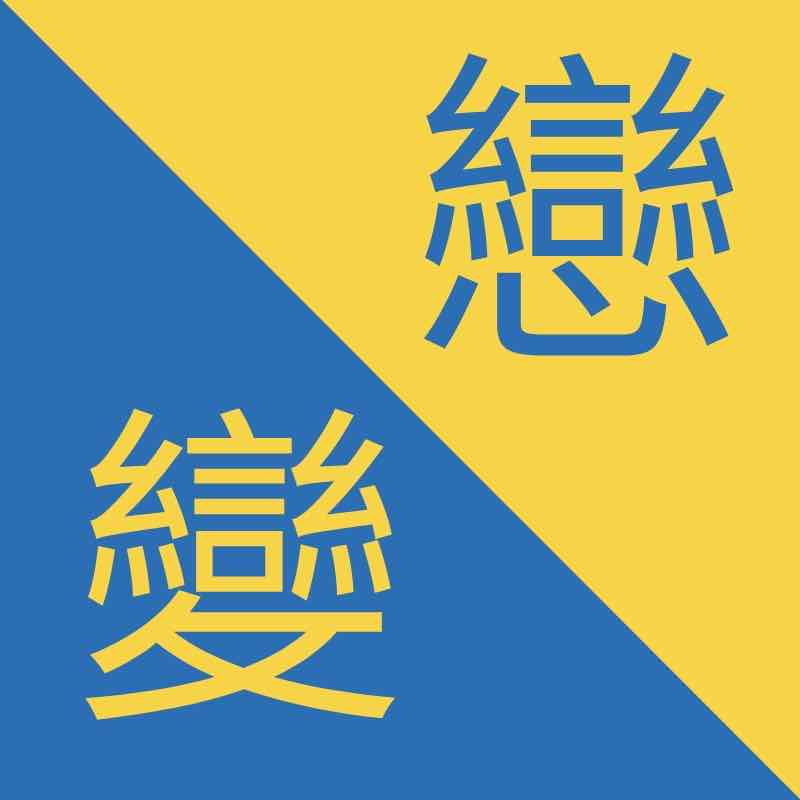
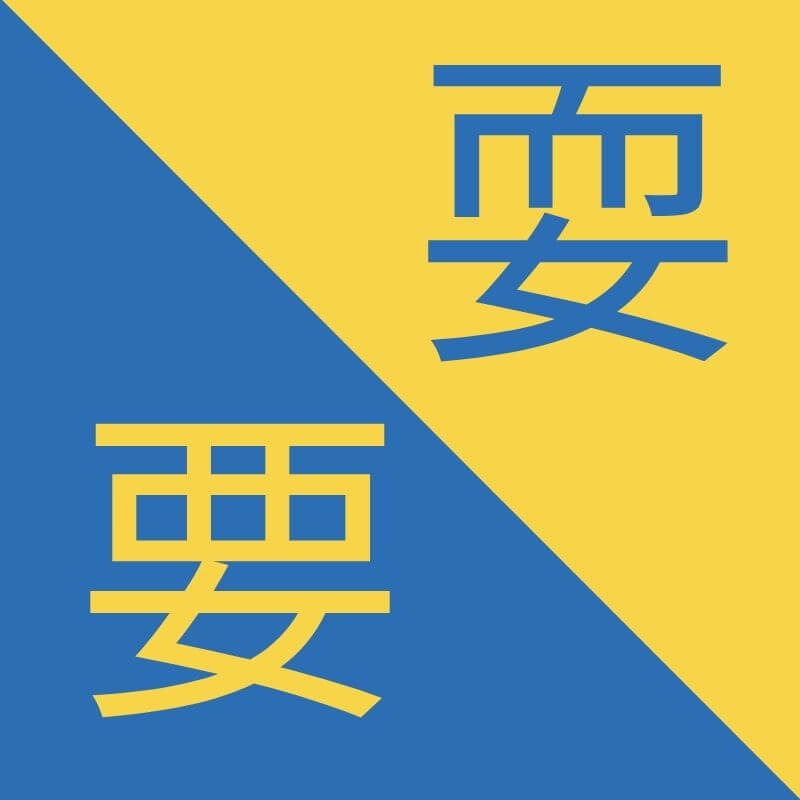
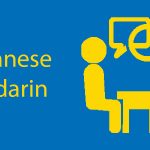
Things You Have To Know About Taiwanese Mandarin
What is the difference between Taiwanese Mandarin and Standard Mandarin? What language do they speak in Taiwan? Your questions are all answered here.
SUPER USEFUL – Key Phrases in Mandarin, Shanghainese and Cantonese
Just to illustrate how Chinese can differ between dialects we’ve taken three of the most common dialects below and shown you how they are read in these dialects.
Here are 10 basic phrases in Mandarin vs Cantonese vs Shanghainese.
| English | Mandarin | Cantonese | Shanghainese |
|---|---|---|---|
| Hello | 你好 (ni hao) | 你好 (nei hou) | 侬好 (nong hou) |
| Thank you | 谢谢 (xie xie) | 多謝 (do jeh) | 谢谢 (xia xia) |
| Now | 现在 (xian zai) | 現在 (jin zoi) | 现在 (ye seh) |
| I love you | 我爱你 (wo ai ni) | 我愛你 (ngoh oi neih) | 我愛你 (ngo oi nei) |
| How many | 几个 (ji ge) | 幾多 (gei do) | 几个 (ji gak) |
| How are you | 你好吗? (ni hao ma?) | 你好嗎? (neih hou ma?) | 侬好伐? (nong ho va?) |
| My name is | 我叫 (wo jiao) | 我叫做 (ngoh giu jouh) | 吾叫 (wu jio) |
| Good morning | 早上好 (zao shang hao) | 早晨 (jou sahn) | 早安 (zo a) |
| Good night | 晚安 (wan an) | 晚安 (maan on) | 晚安 (wo a) |
| I don’t understand | 我不懂 (wo bu dong) | 我唔明白 (ngoh m ming baak) | 我不懂 (ngo ban dong) |
See how there is little relation?
Every when the characters match, they are spoken completely differently.
Don’t be put off if you’ve made great strides with your Mandarin and you go out in Hong Kong or Shanghai for example, and you understand little, this will just be the local dialect.
Find some Mandarin speakers and you’ll be right on track!
DID YOU KNOW – Mandarin in Chinese is spoken as 普通话 (pǔ tōng huà) which literally translates to common tongue.
As we’ve touched upon already, Chinese is the umbrella term for a vast number of dialects, all of which we won’t delve into right now!
However, just to give you an idea of how Mandarin dwarfs the other dialects see here…
Gathering exact data for these dialects is nigh-on impossible, but this gives you a fair idea of how Mandarin compares to the Wu dialect (of which Shanghainese is included) and the Yue dialect (of which Cantonese is included), alongside all other minor dialects.
The Wu dialect is mainly used in Jiangsu and Anhui provinces while the Yue dialect covers Guangdong, Guangxi, Hong Kong and Macau. We’ll touch on more of these shortly.

Chinese vs Mandarin – Quick Facts
Here are some bite-sized facts that we think you’ll also find useful.
- Mandarin has 4 tones (plus a neutral 5th), and Cantonese has 6 tones (or indeed 9 tones if you include the checked tones).
- Mandarin has over 1.2 billion speakers worldwide.
- Cantonese has over 60 million speakers worldwide.
- Shanghainese has over 10 million speakers worldwide.
- The Chinese language has over 50,000 characters. To put that into perspective the HSK 6 exam (the most advanced Chinese exam for foreigners) requires you to know 2,633 characters.
- There is no known number of how many Chinese dialects there are. But experts believe there to be over 200.
- Chinese handwriting is widely regarded as being the hardest to recognise compared to any other language.
- There are a number of loanwords used in the Chinese language. You can find out some of these in our guide to Chinese loanwords article.
- Chinese characters are also used in one of the three Japanese alphabets, Kanji. This means that although the pronunciation differs, the meaning is the same. For example, 日本 in Chinese and Japanese means the same – Japan (it’s just pronounced differently).

16 Chinese Loanwords // Borrowed Words in English and Chinese
An introduction to Chinese loanwords in English and English Loanwords in Chinese. Since China began opening up, there are more & more!
Chinese vs Mandarin – Other Dialects
As we’ve already mentioned, Chinese is made up of well over 200 dialects.
Rather than take you through every single one, here are the most well-known and where they are commonly spoken:
| Dialect Name | Where It’s Spoken | Example of the Dialect |
|---|---|---|
| Mandarin | Nationwide but primarily in the north and southwest | Beijing Dialect |
| Wu | Jiangsu and Anhui Provinces | Shanghainese |
| Gan | Jiangxi Province | Nanchang Dialect |
| Xiang | Hunan and Hubei Provinces | Changsha Dialect |
| Min | Fujian and parts of Guangdong | Hokkien |
| Hakka | Southern China and Taiwan | Meixian Dialect |
| Yue | Hong Kong, Macau Guangxi and Guangdong | Cantonese |
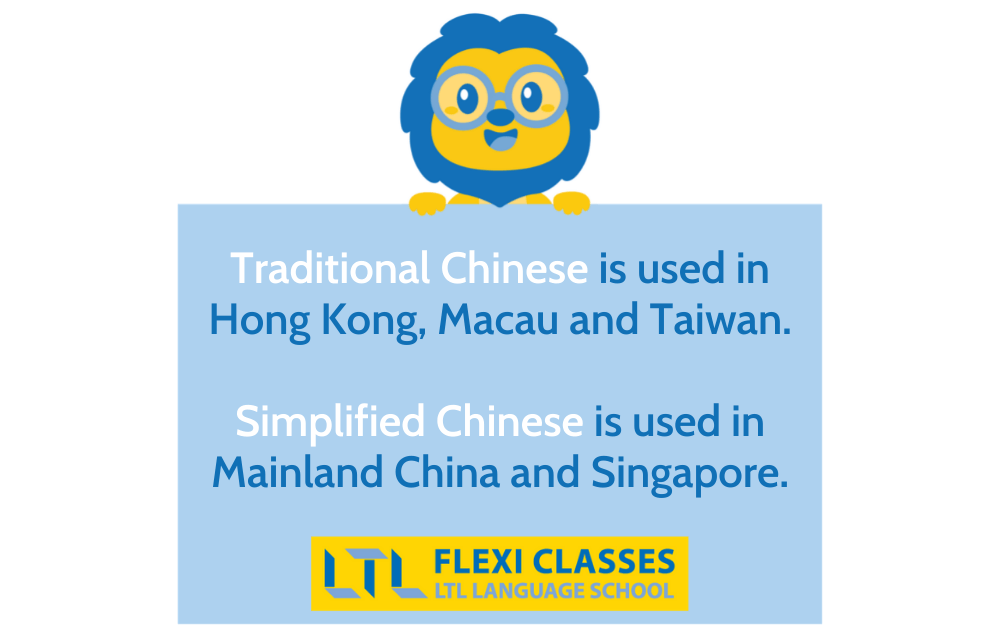
Chinese vs Mandarin – The Alphabet
Another question we commonly hear from beginners is:
Does Chinese have an Alphabet?
In short, the answer is no. As we quote in our big guide on the “Chinese Alphabet”…
In English we have 26 letters in the alphabet, in Russian we have 33 in the Cyrillic alphabet, but…
There is no such thing as the Chinese Alphabet.
Chinese is all about characters and we don’t put them together like we do with letters in our alphabets to make a word because these characters actually make up words themselves.
Each character is one syllable. One character on its own can be a word, but many words are made up of two, three or even more characters put together.
If you want to find out more about this topic we recommend you visit the link above, we go into great detail about this OR alternatively, grab a cuppa and watch us talk about it instead…
Final Note…
So there you have it, your complete guide to Chinese vs Mandarin. Hopefully you now know the key differences.
Remember – Chinese is a language that is formed of many, many dialects, and Mandarin is just one of those.
Any questions? Comment below with your thoughts on Chinese vs Mandarin, we’ll be happy to add any more questions to our blog if you so wish!
Now it’s time to start studying Mandarin… just like Tobias and Mikkel did here! Enjoy
Curious about other languages of the Far East? How about Japanese and Korean?
Discover how they differ and relate to Mandarin in our Japanese vs Korean vs Mandarin blog – which is really the hardest?
Chinese vs Mandarin – FAQs
Are Chinese and Mandarin the same language?
Mandarin is a dialect of Chinese. Chinese is a language (Mandarin is one of the dialects of Chinese alongside Shanghainese, Cantonese and many more).
Look at it like this…
With English in England you have a number of dialects – Cockney, Scouse, Geordie etc.
With English in America you have a number of dialects – Texan, Bostonian, Floridian etc.
With Chinese in China you have a number of dialects – Mandarin, Shanghainese, Cantonese etc.
Do Hong Kongers speak Mandarin?
Many Hong Kongers can speak Mandarin yes but Cantonese is the language of choice in Hong Kong, followed by English.
Who uses traditional Chinese?
Traditional Chinese is used in Hong Kong, Macau and Taiwan.
Do Cantonese speakers understand Mandarin?
Cantonese speakers can generally understand Mandarin but it’s worth noting if you listen to each dialect, you will realise they sound nothing alike.
Do Mandarin and Cantonese have the same number of tones?
No they do not.
Mandarin has 4 tones (plus a neutral 5th), Cantonese has 6 tones (or indeed 9 tones if you include the checked tones).
What is the exact number of Chinese dialects?
There is no known number to how many Chinese dialects there are but experts believe there to be well over 200.
Is Mandarin similar to Japanese or Korean?
In many ways no but there are elements in which the languages cross over.
In fact Mandarin would generally be easier for a native English speaker to learn because the grammar is much easier than Korean or Japanese which becomes much more complex.
If you want to find out more details about the 3 languages check out our Japanese vs Korean vs Mandarin article.
Want more from LTL?
If you wish to hear more from LTL Language School why not join our mailing list.
We give plenty of handy information on learning Chinese, useful apps to learn the language and everything going on at our LTL schools!
Sign up below and become part of our ever growing community!
BONUS | Want to study the local Taiwanese dialect known as Hokkien? We provide Hokkien classes in person and online.


 Hi, my name is Greta. I am from Italy and I work as a student advisor at our Taipei school.
Hi, my name is Greta. I am from Italy and I work as a student advisor at our Taipei school. Hi, my name is Manuel! I am from Spain and I am a Student Advisor at LTL. I’m now based at our Seoul School after living 3 years in Taipei.
Hi, my name is Manuel! I am from Spain and I am a Student Advisor at LTL. I’m now based at our Seoul School after living 3 years in Taipei.

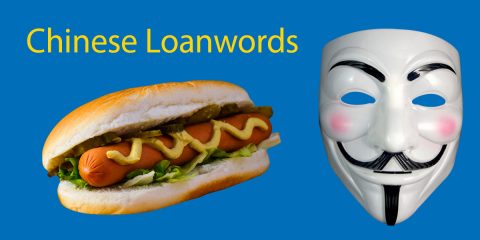
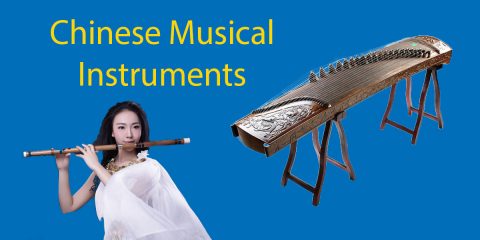
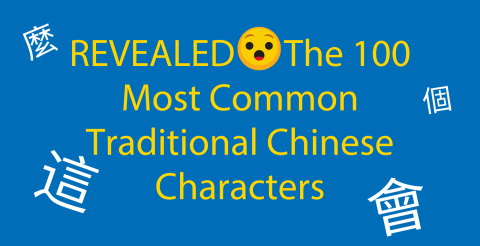

16 comments
Great breakdown - very easy to get Chinese and Mandarin mixed up. Chinese is truly unique given it's history and seemingly infinite number of dialects!
Glad to hear you liked it Reg!
LTL
[…] and lower reaches of the Yellow River, Yangtze River and Pearl River and the Northeast Plain. Mandarin is the spoken and written language of most Han people, and is the official language of […]
Good points, never quite understood the differences before.
Thanks for your comment Stefan
[…] Mandarin is a dialect of Chinese. Chinese is a language (Mandarin is one of the dialects of Chinese alongside Shanghainese, Cantonese and many more). via […]
[…] Are Chinese and Mandarin the same language? Mandarin is a dialect of Chinese. Chinese is a language (Mandarin is one of the dialects of Chinese alongside Shanghainese, Cantonese and many more). With English in England you have a number of dialects – Cockney, Scouse, Geordie etc. via […]
There are some mistakes in the examples of Shanghainese phrases. 现在(yi dzeh)I love you➡️吾欢喜侬(ngu hoe xi nong). We don’t say 侬好吗 and we say 侬哪恁介(nong na nen ga)instead. We say 早上向好(Dzau zang xiang hau)instead of 早安. Btw 安 is pronounced as something like “oe” in Shanghainese, not “a”. We don’t have such a thing as “good night” in Shanghainese. We say 吾弗明白(ngu veq ming baq)instead of 我不懂
Thanks for your comment Robin. Dialects are interesting, there are variations upon variations.
Our article was prepared by Shanghainese teachers so we'll consult with them and change accordingly.
Thanks for commenting 🙂
[…] Is Chinese and Mandarin the same? […]
[…] https://ltl-taiwan.com/chinese-vs-mandarin/ […]
[…] Siri. Siri can only translate American English to Chinese, French, German, Spanish, Italian, and Mandarin Chinese, among other languages. If you want to translate, say Hey, Siri, and then ask how do you translate […]
[…] Language proficiency is achieved by taking 2200 hours of Chinese (Mandarin) and Arabic classes. Mandarin Chinese, the most widely spoken native language in China, is also the most difficult language to […]
[…] This is especially true if the new language is very different from your own. For example, learning Mandarin Chinese would be quite difficult for an English speaker because the two languages have very different […]
[…] region or industry. However, some of the most in-demand languages for interpreters include Spanish, Mandarin Chinese, Arabic, and […]
[…] birthday song in their own language? There are no direct translations of Happy Birthday songs for Mandarin Chinese. In Japan, the phrase “happy birthday” is literally sung in the same manner as in the […]